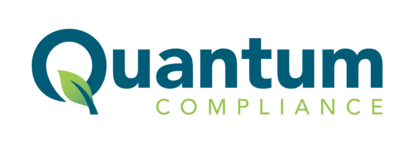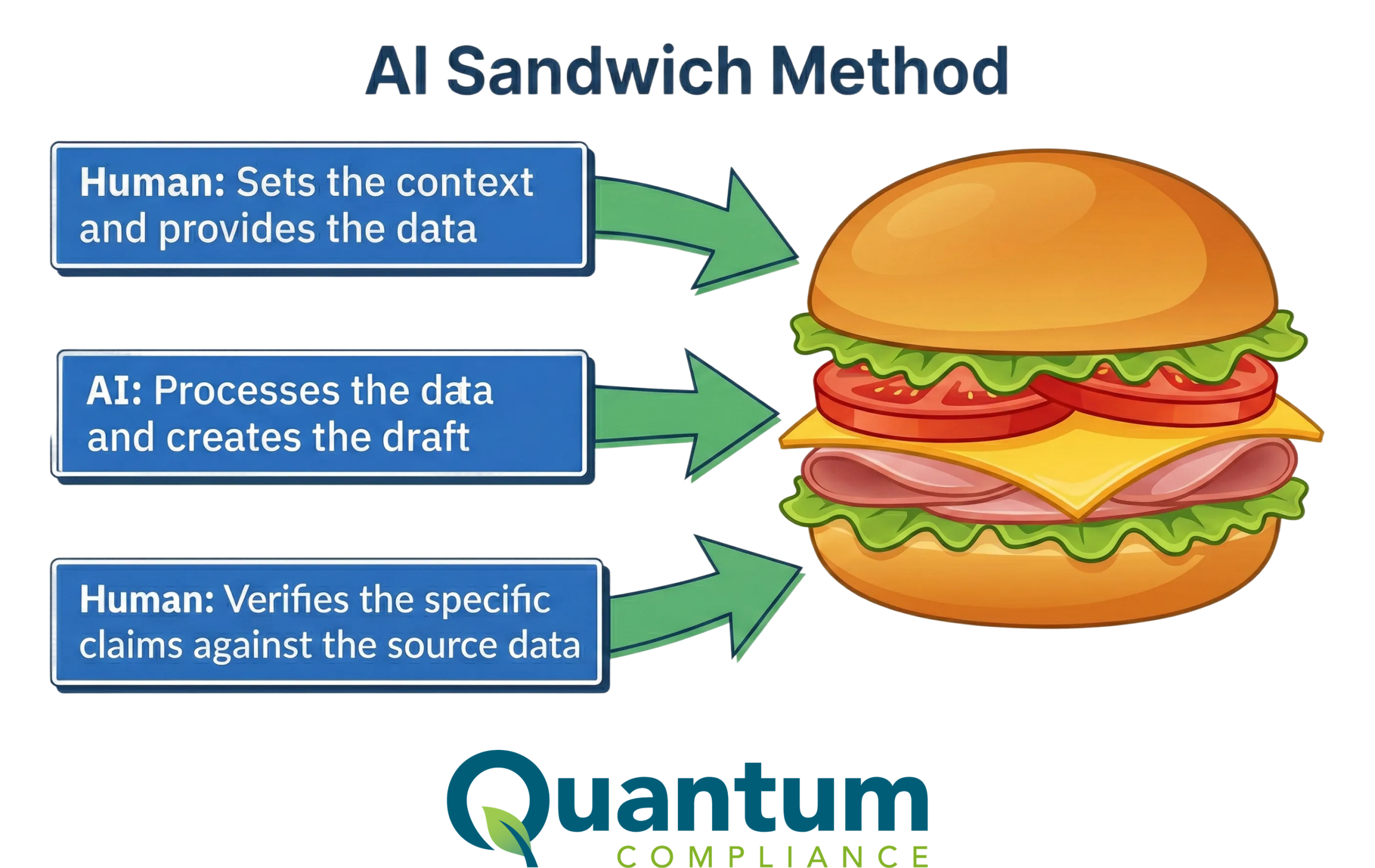Effective chemical management is essential for ensuring workplace safety and regulatory compliance. However, the true potential of any chemical management module is only realized when it is complemented by robust training and support systems. This article outlines the importance of training and support in maximizing the benefits of the chemical management module, ensuring that organizations not only comply with safety regulations but also enhance operational efficiency and worker safety.
The Critical Role of Comprehensive Training
- Understanding the System: Training begins with ensuring that all users, from safety managers to operational staff, thoroughly understand how to use the chemical management module. Comprehensive training covers navigating the interface, understanding how to access information such as Safety Data Sheets (SDS), and knowing how to input or update data.
- Enhancing Compliance: Regular training sessions help reinforce the importance of compliance with both internal safety protocols and external regulatory requirements. Training should include updates on regulatory changes such as those related to GHS (Globally Harmonized System) or REACH (Registration, Evaluation, Authorization, and Restriction of Chemicals) and how these changes impact daily operations.
- Empowering Employees: When employees are well-trained, they feel more confident in their roles. Effective training empowers them to handle chemicals safely, manage risks, and respond to emergencies effectively, thereby fostering a safety-conscious culture within the organization.
Ongoing Support: Ensuring Continuous Improvement
- Technical Support: Reliable technical support is vital to address any issues that arise with the chemical management module. This includes troubleshooting problems, assisting with system upgrades, and ensuring that the module functions seamlessly with other systems in use by the organization.
- Regular Updates and Refreshers: Chemical management is a dynamic field with frequent changes in regulations and best practices. Ongoing support should include regular updates to the software and refresher training sessions to keep all users up-to-date with the latest functionalities and compliance requirements.
- User Feedback Incorporation: Support should also involve a mechanism for collecting and incorporating user feedback into system improvements. By listening to the needs and experiences of actual users, organizations can make iterative improvements that enhance usability and functionality of the module.
Building a Supportive Learning Environment
- Interactive Training Tools: Utilizing interactive tools such as virtual labs, simulations, and gamified learning can make training more engaging and effective. These tools help simulate real-world scenarios, allowing employees to practice their skills in a safe environment.
- Documentation and Resource Availability: Comprehensive user manuals, FAQs, and online resources should be readily available to assist users in troubleshooting or learning more about the system on their own. This self-help capability encourages users to solve minor issues independently and enhances their understanding of the system.
- Community Building: Establishing a community of practice among users can facilitate shared learning and peer support. This community can be a forum for exchanging tips, advice, and best practices related to chemical management and use of the module.
Conclusion
The effectiveness of a chemical management module is significantly influenced by the quality of training and support provided. Investing in these areas not only maximizes the benefits of the module but also contributes to a safer and more compliant workplace. Through continuous education, robust support, and a culture of safety, organizations can ensure that their chemical management practices are both effective and sustainable, protecting both their workforce and the environment.






